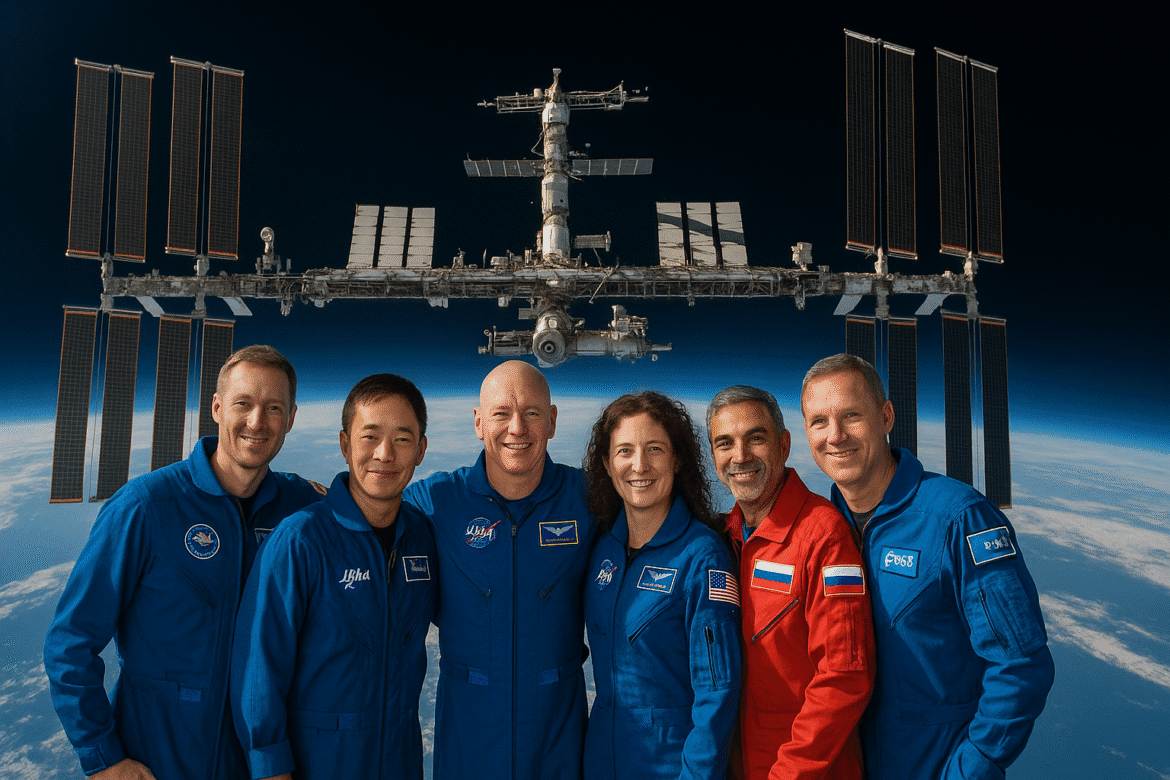March 15, 2024, marked the 25th anniversary of the International Space Station (ISS), a shining example of international collaboration in space. The ISS, a joint project involving space agencies from the United States (NASA), Russia (Roscosmos), Europe (ESA), Japan (JAXA), and Canada (CSA), has been a hub for scientific research, technological development, and human exploration since it became operational in 1998.
The space station has hosted astronauts from more than 15 countries, fostering peaceful cooperation in space exploration. It serves as a microgravity laboratory, where groundbreaking research has been conducted on topics ranging from human health and space medicine to material science and fundamental physics. In the process, the ISS has significantly advanced our understanding of how humans live and work in space, paving the way for future missions to the Moon, Mars, and beyond.
The ISS was initially intended to operate for only 15 years, but it has far exceeded expectations. In 2024, NASA and its international partners agreed to extend the life of the space station until 2030, emphasizing its continued importance in scientific discovery and international collaboration. Over the past quarter-century, the ISS has become one of the most important symbols of what can be achieved when countries work together for the greater good of humanity.
A key milestone celebrated during the anniversary was the completion of the new research modules added to the station, which will expand its research capacity in areas like biology, material science, and climate change. These modules are expected to play a critical role in upcoming experiments, particularly those focused on developing technologies for long-duration space travel.
In a special event held at NASA’s Johnson Space Center, astronauts from past and present missions shared their experiences aboard the ISS, reflecting on how the station has changed the landscape of space exploration. Many astronauts also spoke about the camaraderie and shared sense of purpose they felt working together on the ISS, despite coming from different cultural and political backgrounds.
Looking ahead, the ISS will continue to play a crucial role in preparing for future exploration missions, including the NASA-led Artemis program, which aims to return humans to the Moon by 2025. The ISS serves as a testing ground for technologies that will be critical for deep space exploration, such as life support systems, radiation shielding, and sustainable space habitats.
As the 25th anniversary celebration came to a close, space agency officials acknowledged that while the ISS has been a symbol of global cooperation, it also represents humanity’s aspirations for peaceful collaboration in the pursuit of knowledge and discovery.

